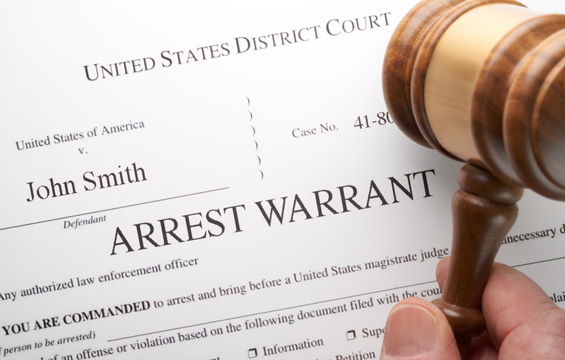Criminal Defense
Sealing Arrest Records
People who were arrested, but ultimately never convicted, for a criminal offense are typically eligible to petition the court to Seal their Arrest Record. Attorney Ryan L. Smith can prepare, file, and appear in court for a petition to seal an arrest record, but can also help you determine, prior to hiring him, if you appear to be eligible for such relief, and whether or not it would discretionary or mandatory upon the court.
WHAT DOES IT MEAN TO “SEAL” AN ARREST RECORD?
If an arrest record is sealed, the arrest is deemed not to have taken place, and the person may legally answer “No” in regard to that arrest if asked if they’ve ever been arrested or detained for a crime they were not convicted of (such as on: job applications, apartment rental applications, loan applications, etc…).
Exception: Sealing an arrest record does not relieve one of the obligation to disclose the arrest in response to a question in an application for public office, employment as a police officer, licensure by any state or local agency, or for contracting with the California State Lottery Commission.
After the arrest record is sealed; the arresting agency will be ordered not to disseminate the arrest report to anyone other than yourself or a branch of the criminal justice system, the sheriff’s office will be similarly instructed regarding your booking information, and the Department of Justice will be ordered to remove the arrest from their public record.
WHO QUALIFIES TO SEAL THEIR ARREST RECORD?

People may be eligible, and even entitled, to have their arrest record sealed if: (1) they were never charged, and the statute of limitations expired; or (2) they were charged, but their case was dismissed prior to conviction (such as due to completion of Diversion, Deferred Entry of Judgment, or due to any other reason); or (3) they were acquitted of the charges at Trial. If you are entitled under the law, the court has to grant a properly filed petition.
Exception: People with two or more Domestic Violence, Child Abuse, or Elder Abuse convictions, or five or more Domestic Violence, Child Abuse, or Elder Abuse arrests, have an additional burden to prove sealing of the arrest record is warranted “in the interests of justice,” and the court has discretion to grant or deny relief only in that situation.
WHO DOES NOT QUALIFY TO SEAL THEIR ARREST?
If someone eventually became convicted of the crime they were arrested for, they can never petition to seal their arrest record. In that situation, the most the person can do is to petition the court to Expunge the conviction, but can never seal the arrest record, even if expungement is granted.
A person arrested who can still be charged with that crime because the Statute of Limitations has not yet expired typically cannot yet petition to seal their arrest record (absent an “acquittal” or “finding of factual innocence” from the court). A person may not have their arrest record sealed if they weren’t charged because they evaded law enforcement’s efforts to prosecute the arrest, or evaded efforts to prosecute the arrest by committing identity fraud and were subsequently charged with identity fraud.
